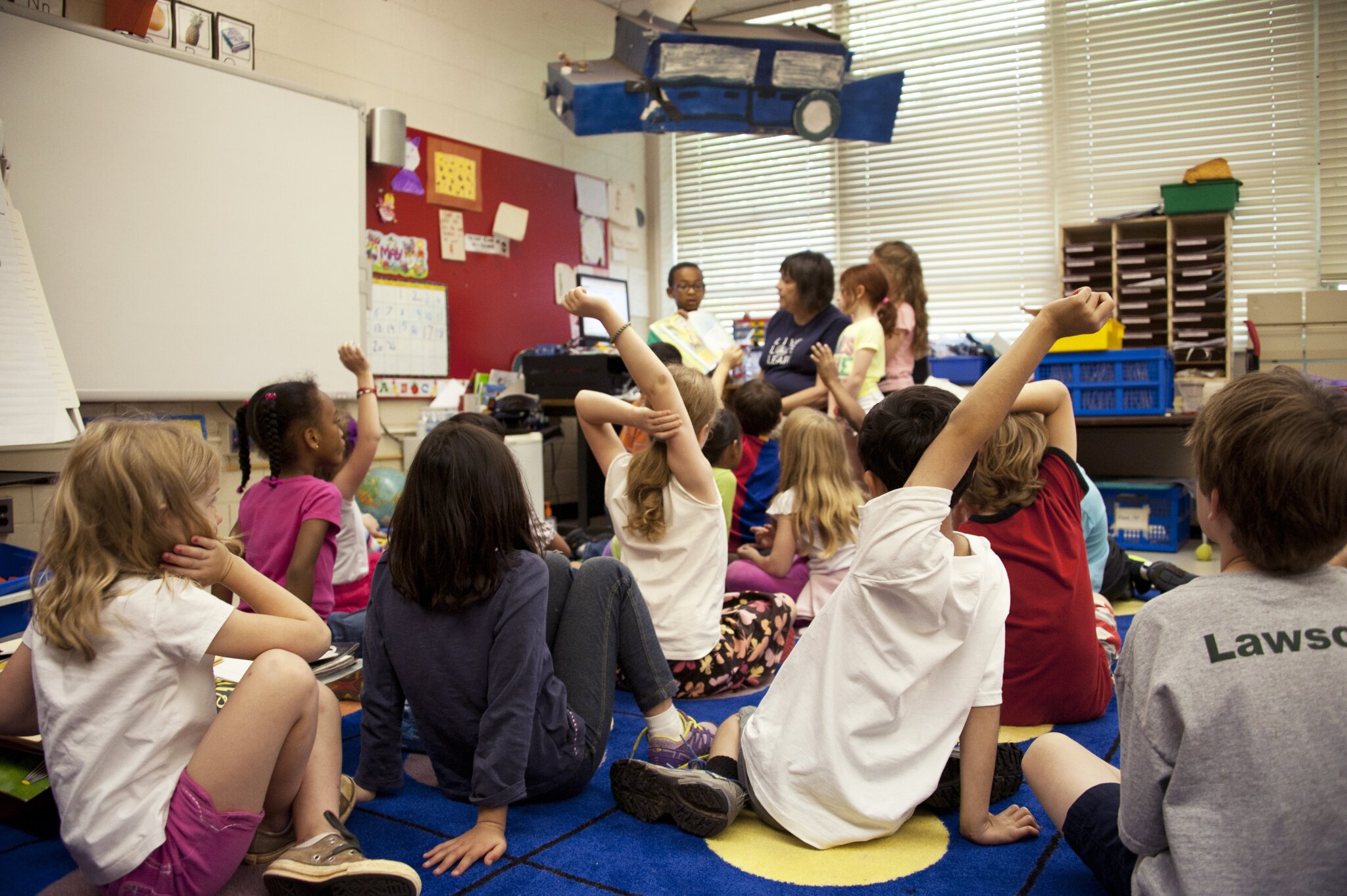
All dates to attend include-
7 November 2024
16 January 2025 - Mowden Infant
6 March 2025 - Carmel College
3 April 2025 - Carmel College
09:30-15:30
IMPORTANT- you might need to park on the residential roads and walk to the school.
Who can take part?
PLEASE NOTE YOU NEED TO PROVIDE YOUR TEACHER REFERENCE NUMBER (TRN)
These programmes are designed for primary teachers who would like to develop their specialist knowledge for teaching maths. This may be particularly relevant for teachers that have moved phases or have not received maths-specific training.
This programme is designed for primary teachers in KS1 and KS2 who would like to develop their specialist knowledge for teaching maths. Teachers who have attended the number pathway for this programme may find it beneficial to extend their specialist knowledge to encompass spatial reasoning.
This programme is designed for primary teachers in KS1 and KS2 who would like to develop their specialist knowledge for teaching maths. Teachers who have attended the number pathway for this programme may find it beneficial to extend their specialist knowledge to encompass spatial reasoning.
Why Spatial Reasoning? Research shows that: spatial skills are predictive of later mathematics achievement; higher levels of spatial sense predict stronger performance on standardised mathematics tests…including problem-solving; spatial thinking plays an important role in arithmetic, word problems, measurement, geometry, algebra and calculus; people with strong spatial skills also tend to perform well in mathematics; abstract representations of number are grounded in early interactions with objects and an understanding of physical space; training children…on a spatial task improved the children’s performance on calculation and place value tests; Girls and other underrepresented groups often struggle in their progression in mathematics due to lack of attention to spatial skills; having strong abilities to mentally picture and manipulate objects…predicts success in science, technology, engineering, and math (STEM) fields.
What is involved? The key structures of spatial reasoning (e.g. thinking and reasoning about shapes, spatial relations and geometry, position, movement, pattern and using spatial skills within the number and wider curriculum) will be explored across four days of face to face training for both KS1 and KS2.
Contact us for more information from the Work Group Lead, Michelle Dunwell.
.jpg)